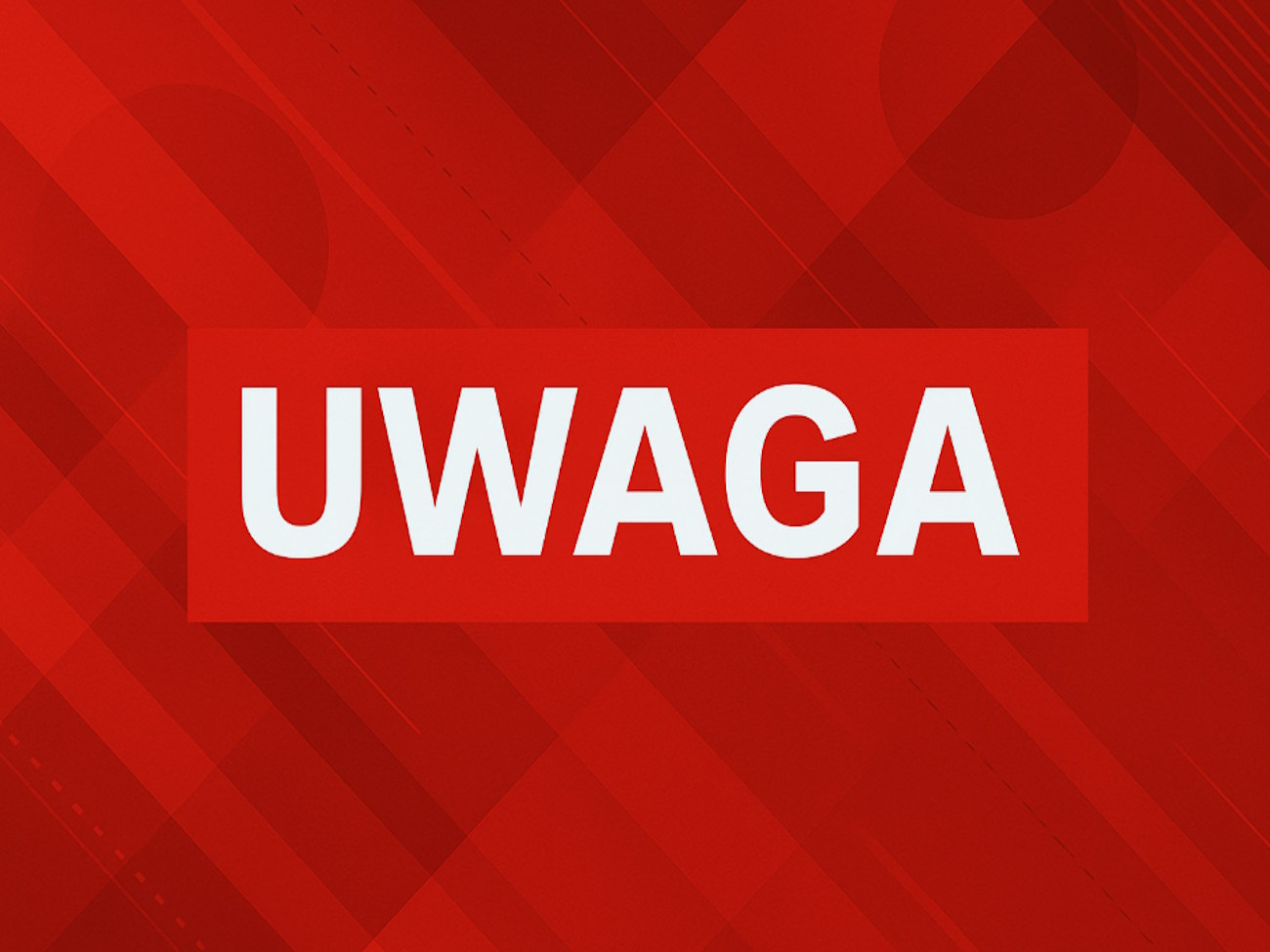The European Commission, in the face of the weakening economical position of the European bloc, does not plan to abandon the Green Deal regulation, but intends to "simplify" the regulations on reporting the ESG. However, different climate groups and environmentalists are afraid that this is an introduction to the possible withdrawal of certain legislation.
European entrepreneurs have long been calling on Brussels bureaucrats to simplify regulations and remove a number of burdensome environmental regulations as they are losing in competition with American and Chinese companies.
On Wednesday, the EC was to present a broad framework of objectives, collectively called a competitiveness compass, to stimulate business in Europe. The compass provides for simplification of the rules on compliance with environmental rules. This would reduce "paper work" so that companies could focus on growth, innovation and competitiveness.
As this “Politico” comments, in practice “simplification means that von der Leyen will fundamentally monetize the laws that she introduced in her first word – any of them are only 1 year old”.
The head of the EC ensures that the package does not change environmental objectives but only makes them more effective.
However, alleged Green Activists are informing that this is simply a dangerous step backwards in the EU Green Agenda. This submission to demands of "conservative forces, including those in the centre-right European People's Party, the von der Leyen political family". They talk about "an highly problematic precedent" and the possible "first step towards a wave of deregulation in Europe", said Tsvetelina Kuzmanova, Head of EU Sustainable Finance at the Cambridge Institute for Sustainability Leadership.
The Commission is to review the government and simplify a number of existing rights simultaneously. specified a proposal could be adopted on 26 February. Von der Leyen, seeking a second word in the EC, promised to limit the reporting obligations of companies by at least 25 percent in the first half of 2025.
The EC simply aims to reduce the requirements for non-financial reporting of the ESG. It is, of course, a directive on reporting on sustainable business improvement (CSRD) and a directive on due diligence on sustainable business improvement (CSDD), which requires companies to study on their environmental impacts and vulnerability to their own climate risks as well as their supply chains. But entrepreneurs besides request to inform about what social activities they have taken, for example, to favour sexual minorities in their company or to sponsor abortion.
After full implementation of both directives, both large and tiny companies will be required to collect and print many data on greenhouse gas emissions, the amount of water consumed, the impact of rising temperatures on working conditions, chemical spills, whether their suppliers respect circumstantial human rights (support and "sensitise" of heterosexual workers for LGBTQ+ lobby).
Bureaucrats would besides review the EU's taxonomy, a classification strategy that determines what types of economical activity are considered organic according to EU standards.
The Commission’s Ombudsman pointed out that ‘other issues are considered’ which go beyond the principles of ESG reporting, due diligence and taxonomy.
In the US, a decisive fight for non-financial reporting of the ESG was spoken, and many companies had to retreat from this reporting and DEI programmes (diversities, equality and inclusion) as part of the ESG. The reporting itself was considered ideological and damaging to shareholders and consumers who had to pay much more for a number of products and services. Many court proceedings are pending for this reason.
ESG reporting in Europe is considered an crucial request for European Green Dealing. This forces all companies to implement a circumstantial climate policy and ideological agenda, thereby eliminating certain industries. However, it generates profits for number horizontal shareholders of selected companies. Eurocrats felt that the ESC would let Europe to lead the global green revolution more quickly. Only that governments around the planet do not want to follow in Europe's footsteps and do not introduce drastic environmental regulations that would drastically increase the cost of tiny and medium-sized companies.
The METI estimated that the cost of compliance with the CSRD for the average size of a French company would be up to EUR 800 000 during the first 2 years of implementation of the Directive.
Many influential groups want the Commission to go much further than the proposed change package. The largest EU corporate lobby, BusinessEurope listed 68 "proposals for reducing regulatory burdens". They mostly concern fresh environmental legislation, from packaging waste regulation to product safety legislation.
EU Heads of Government associated with various parties besides call for a simplification in regulations that paralyze the block economy. The French Government wants the EU to hold the implementation of due diligence rules without delay. German Chancellor Olaf Scholz demands that the work to study to the ESC be postponed for at least 2 years.
The European People's organization wants the rules to apply only to "the largest companies employing more than 1,000 employees". In addition, 2 years should be delayed in the implementation of EU coal tariff rules on imported products (carbon taxation adjustment mechanics at the border).
The CSRD Directive, which was adopted in 2023, began to apply last year to a limited number of major European companies, with the first reporting deadline this month. another companies are to be covered by this strategy by stages: large listed companies had until 2025; tiny and medium-sized enterprises by 2026, while non-EU companies will study in 2028.
"The revision of the EU reporting framework, which has late been adopted and has not yet been full implemented, would make more legal uncertainty," the Greens say, who do not want to amend the European Green Deal regulations. They wrote a peculiar letter to the EC chief. akin letters were besides sent by the heads of 3 large corporations: Unilever, Nestlé and Primark.
Source: Politico.eu
AS













